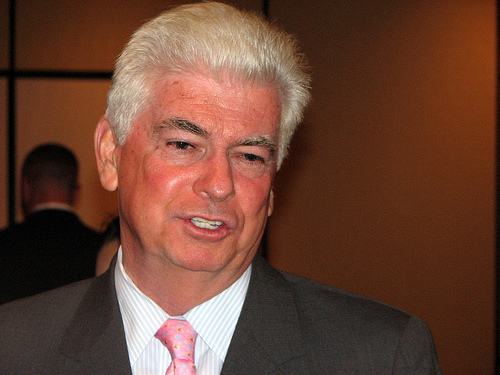Sen. Bob Corker (R-Tenn.), a top GOPer in the Senate’s financial reform talks, told CNBC today that the committee charged with drafting a comprehensive Wall Street overhaul could ditch the negotiations and amendments process and vote on the bill as early as today. Nearly 400 amendments to the Dodd bill had been offered by Democrats and Republicans on the Senate banking committee over the weekend, but those all appear to be forgotten now. The move to vote now in committee, where there’s a partisan split on the financial bill drafted by committee chair Sen. Chris Dodd (D-Conn.), sets the stage for a negotiations to take place in the full Senate, which won’t take up financial reform until next month. “You’ll have Easter recess, and that’s when, I guess, over the course of the next several weeks when the real negotiations will be taking place,” Corker said. “It’s probably true that we have a better opportunity with a different cast of characters, the full Senate, to do something that is sound policy-wise.”
The move to bypass committee-level negotiations and go straight into the full Senate, provided the bill gets out of the banking committee, will open financial reform up to a divided Senate already bogged down with its legislative agenda. Many of the amendments offered within the banking committee over the weekend—by turns to weaken and strengthen a new consumer protection bureau, kill a council that would tackle too-big-to-fail issues, and bulk up shareholder input on executive compensation—will likely emerge in the full Senate’s debate, where Democrats will try to beef up Dodd’s bill, introduced last week, and GOPers will fight an independent consumer agency and other expansions of government authority in the bill. At least one senator on the banking committee held out hope the bill could garner bipartisan support. “There is no choice other than a bipartisan compromise solution,” Sen. Evan Bayh (D-Ind.) told CNBC.




